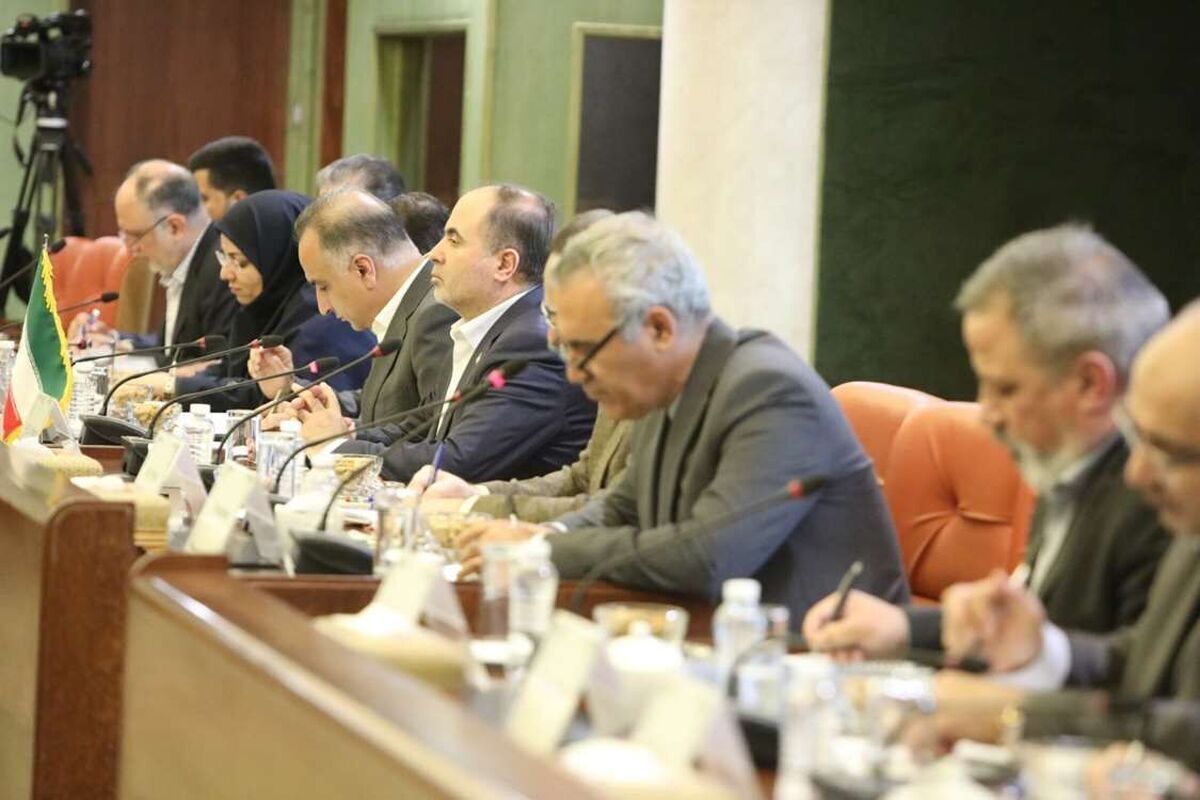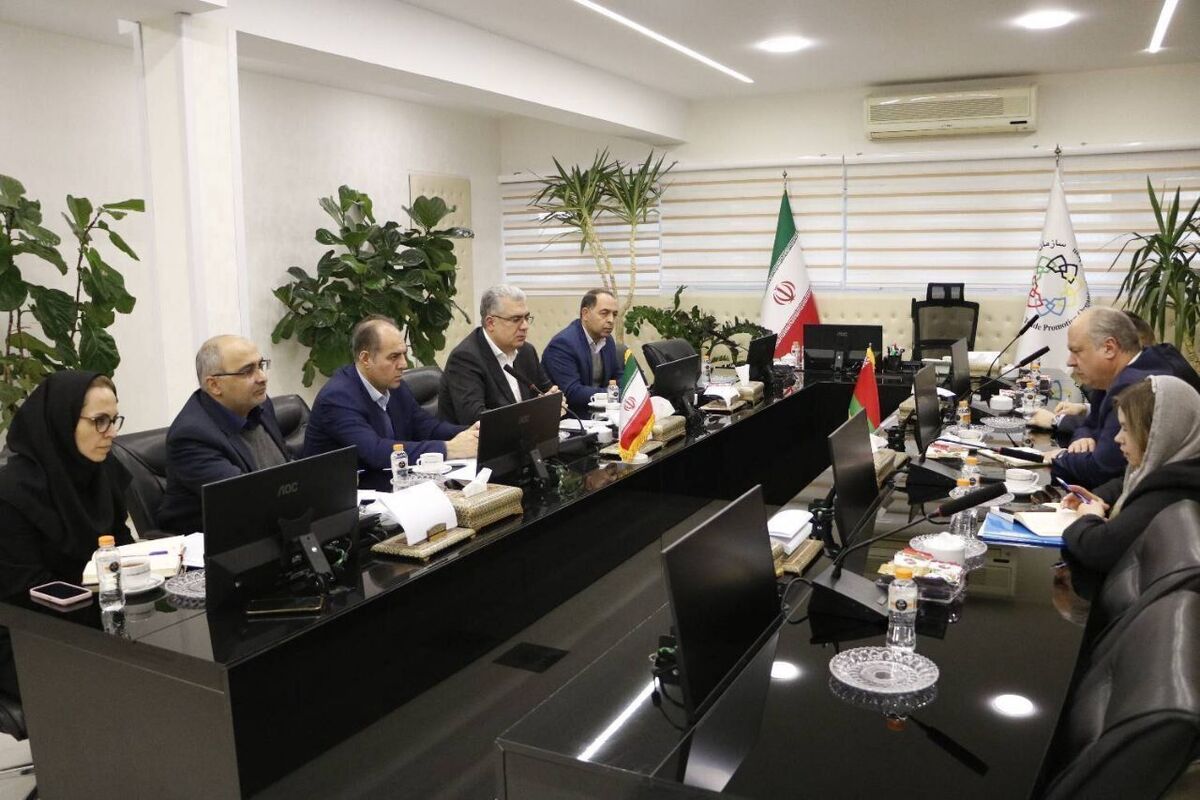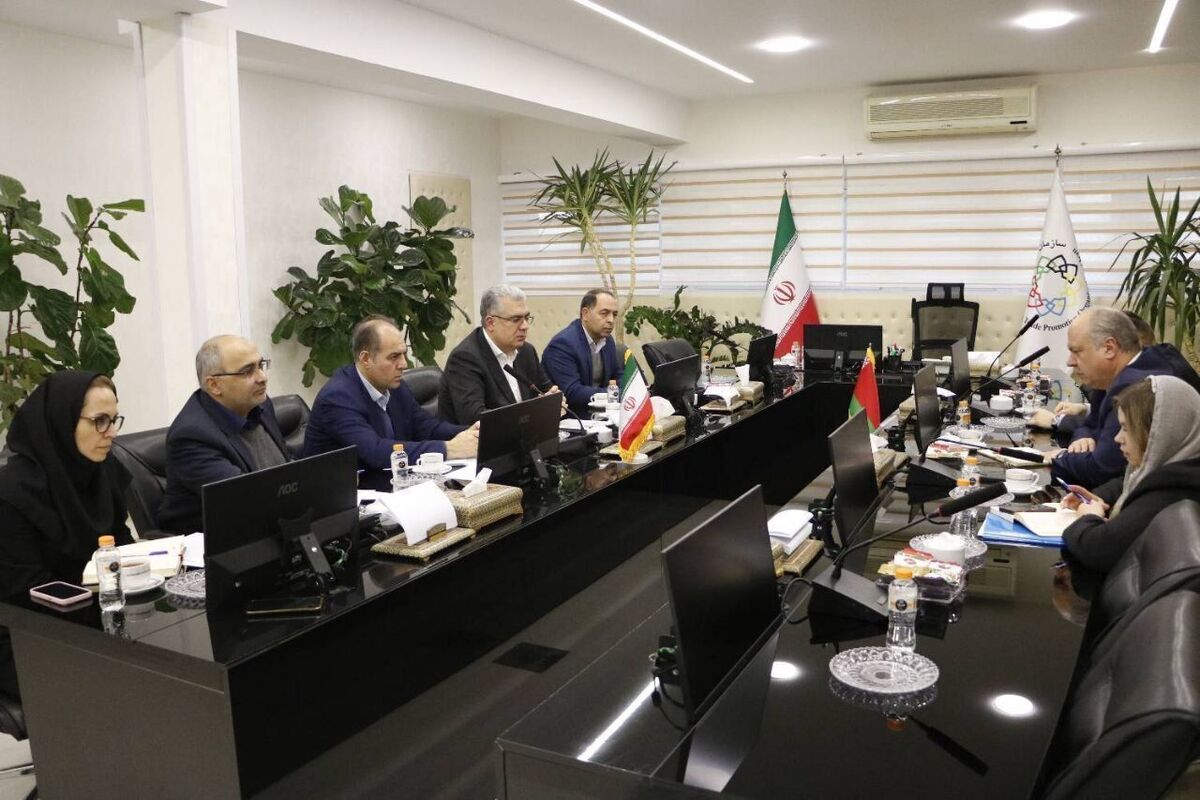
Iran's Non-Oil Trade With EEU at $985m
EghtesadOnline: Iran traded $985 million worth of non-oil commodities with the five member states of Eurasian Economic Union, namely Russia, Kazakhstan, Armenia, Kyrgyzstan and Belarus, during the first five months of the current Iranian year (March 21-Aug. 22).
Iran’s exports to the bloc stood at $400 million, while EEU's five members exported more than $585 million worth of goods to Iran during the five-month period under review, Fars News Agency reported.
Eurasian Economic Union is an international economic union comprising countries located in central and northern Asia and Eastern Europe. The founding member states, Belarus, Kazakhstan and Russia, established the union by treaty that entered into force on Jan. 1, 2015.
The bloc was created in part in response to the economic and political influence of the European Union and other western countries. Key objectives of EEU include increasing cooperation and economic competitiveness for member states, and the promotion of stable development to raise their standards of living, Financial Tribune reported.
Bilateral Trade Value
In terms of total trade value with Iran, Russia topped the list among EEU countries with bilateral exchanges standing at $638.5 million.
Exports to Russia amounted to $135 million. In return, Russia exported $503.5 million worth of goods to Iran.
Armenia was Iran’s second biggest trading partner among EEU states, as two-way commercial exchanges stood at $225.2 million.
Iran exported $206.1 million worth of non-oil goods to Armenia and imported $19.1 million in return.
Kazakhstan was Iran’s third major trading partner among EEU states.
Mutual trade between Iran and Kazakhstan amounted to $83.6 million.
Iran’s exports reached $35.8 million while Kazakhstan’s exports to Iran were at $47.8 million.
Iran-Kyrgyzstan non-oil trade totaled $25.8 million during the five months to Aug. 22. Iran’s exports accounted for $20.2 million while the country’s imports from Kyrgyzstan reached $5.6 million.
Iran’s trade with Belarus amounted to $12.5 million. It exported $3.1 million worth of goods to Belarus and imported $9.4 million in return.
Preferential Trade Agreement
A Preferential Trade Agreement between Iran and EEU came into effect on Oct. 27.
“The agreement is a prelude to free trade with Eurasia. Preparations for free trade with the bloc will begin after one year of implementation, following which there will be a two-year window to conclude negotiations," Hamid Zadboum, the head of Trade Promotion Organization of Iran, told Fars News Agency.
Iran and EEU are looking to substantially increase trade. The two sides signed a three-year provisional agreement in Astana, Kazakhstan, on May 17, 2018, for the bloc to welcome Iran into EEU.
The average tariff set by the union on Iranian goods as part of the agreement stands at 3.1%, while the figure is 12.9% for EEU goods exported to Iran.
Iran and EEU have listed 862 types of commodities in their provisional agreement, based on which Iran will enjoy easier export terms and lower customs duties on 502 items and the same goes for 360 items from EEU member states.
“Of the 862 items mentioned in the agreement, 639 are industrial commodities and the remaining 223 items are agricultural goods,” Mohammad Reza Karbasi, the deputy head of Iran Chamber of Commerce, Industries, Mines and Agricultures, was quoted as saying by ICCIMA’s news portal.
Iran traded 4.04 million tons of non-oil commodities worth $2.09 billion with the five EEU member states during the last Iranian year (ended March 20, 2019), registering a 22.96% and 34.08% increase in tonnage and value respectively compared with last year’s corresponding period.
Data released by the Islamic Republic of Iran Customs Administration show Iran’s exports totaled 1.55 million tons worth $607.43 million during the year, indicating a 0.07% and 0.14% decline in tonnage and value respectively year-on-year.
Imports stood at 2.49 million tons worth $1.48 billion, up 0.53% and 0.73% in tonnage and value respectively YOY.
Iran mainly exported pistachios, kiwis, apples, tomatoes, grapes and dates to EEU countries.
In exchange, major commodities imported into Iran from EEU nations included nuclear reactor parts, barley, sunflower oil, field corn, radio navigation devices and sheep.




